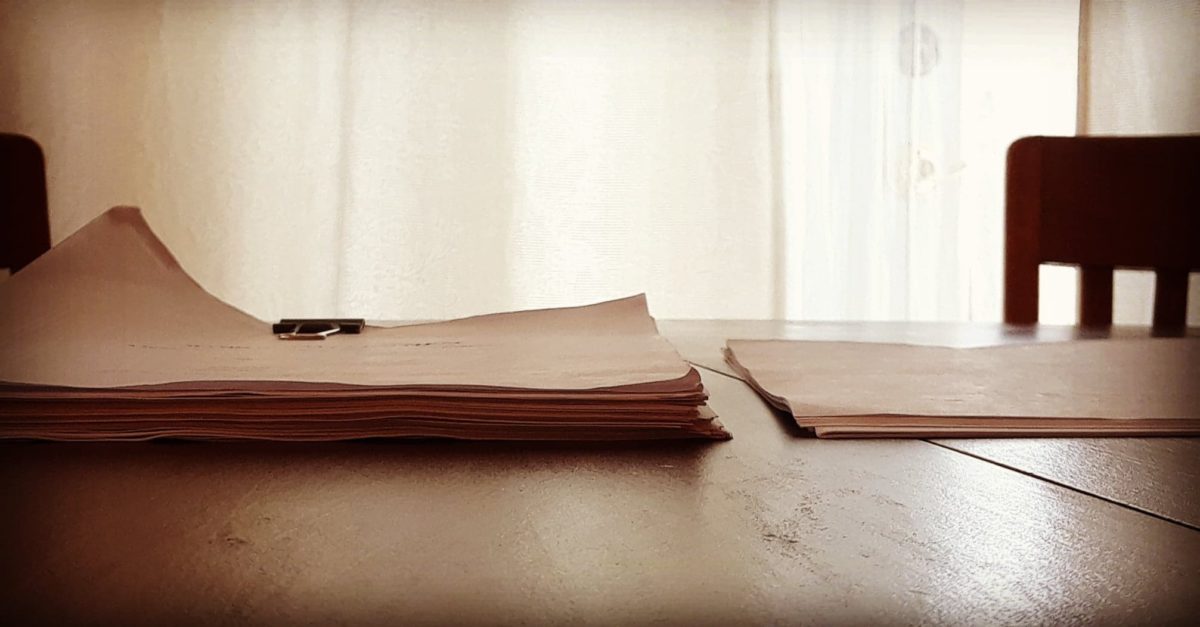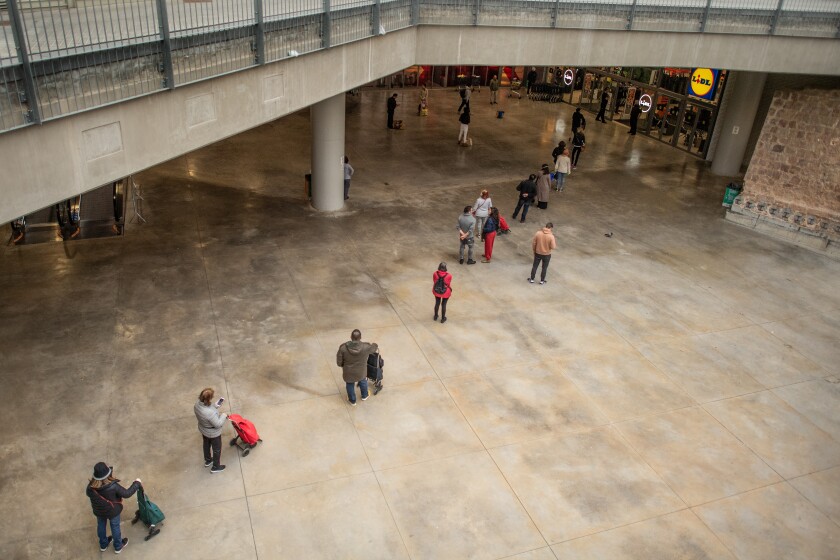Earlier this month, after classes went online and after the last of many events had finally been canceled, in an agonizing process, little-by-slowly over the course of many days, after the dust had settled, I found myself in a queer state of ecstasy—released from the pressure of having to pretend that living a life tethered to a high-stress-low-pay job was meaningful. That first week, I reveled in accomplishing only two important things each day and felt exactly zero pressure to GSD, released from the tyranny of the never-ending to-do list.
Untethered. Free.
I was therefore amazed when one of my dear stage managers texted the group to see how everyone on that staff was doing. My favorite—they’re all my favorite—summed up the situation for the rest quite aptly:
You know how Eeyore builds his little stick house and then five minutes later it falls down?
I am the stick house.
Good Lord.
It had not even occurred to me to check in with my work-study students, whom I truly do care about. Because I was over here living my best life. Baking. Gardening. Reading. No one coming over. It was fantastic.
That was week one.
Yes, this pandemic is serious—a terrible way to die and a living hell for survivors. And so many more will suffer and die. And I worry for my first favorite student, an anesthesiologist in a New York City hospital.
I understood the gravity of this pandemic in a dissociated way even as I was enjoying every minute in my house, in my garden. And I understood, too, that I am living an extraordinarily privileged life. I am not on the front lines.
We had unusually glorious weather that week, and I had spent hours each day outside.
And then the rain came.
One terrible year in the late 90s we had a hundred straight days of rain and several days of “zero measurable sunlight” — that year my slight older son Eli leaned his head against the sliding glass door and moaned, “REVELS… DIDN’T WORK.”
The theme of that year’s Christmas Revels having been “to drive the dark away.”
One day that spring I couldn’t take it anymore, being inside. I packed up the baby in the stroller with the rain shield and put Eli in his raincoat and boots, and we walked over to Round Table for pizza with the other playgroup families. A big hike for a small boy. In steady, unrelenting, heavy rain.
I haven’t thought about or longed for “dessert pizza” for decades. But after the rain began last week, I did and do.
Because it turns out that a few days of rain during quarantine alone feel exactly like months of rain during a pandemic-free year with small children.
I like to sit in the bay window in the morning, watching the sun come up, sipping my coffee, admiring the previous day’s work in the garden. On the fifth day of rain, I sat with the cats who were holding their usual vigil supervising the hummingbirds in the flowering currant.
It was still early grey when I caught a glimpse of movement far off down the block. A big ole crow was sauntering down the center of the street, slow and easy as you please, right past my house. The cats and I watched, turning our heads in unison to follow this bird’s progress.
Finally, the crow hopped onto the curb and kept walking down the sidewalk, until it was almost out of sight. Then it fluttered away, low in the sky.
I did not see the heron that day.
After breakfast, I put on my rain gear and collected tulips from under the apple trees. I read once that an odd number of flowers in an arrangement is best, so I cut seven. And then I walked the almost-three miles to a big city park near where my friend Barbara lives.
I brought her those cut tulips from the garden, and she brought me spent potted tulips she had bought at the market. She had read how to save them for next year, but has nowhere to plant them. We set our items down on opposite ends of a long picnic table and then each walked around, keeping a wide berth, to collect our goods.
“This is probably not necessary,” she laughed.
And I thought but did not say, “Lady, I am not going to be responsible for your death.”
We circled the park together, still wide apart on the path. It was strange to see so many folks out and about, all keeping their distance.
We said goodbye while I waited for the light at the crosswalk. Then I made my way home a different way, through an old and stately neighborhood, listening to A Tree Grows in Brooklyn, admiring the spring flowers, the rain a gentle drizzle. I took mental notes and a few photos—of an artfully designed trellis, a brick pathway. And turning a corner, I saw a man in his bathrobe collecting his recycling bin from the street. By then it was early afternoon.
He did not say hello. I was not offended. I could see in the grim set of his mouth that he was having an Eeyore’s house sort of day.
In this untethered, isolated quarantine life, it is easy to forget which day it is. So when I got home, I made a note on my calendar to check in with my staff on Mondays.
Let us be gentle with each other.





